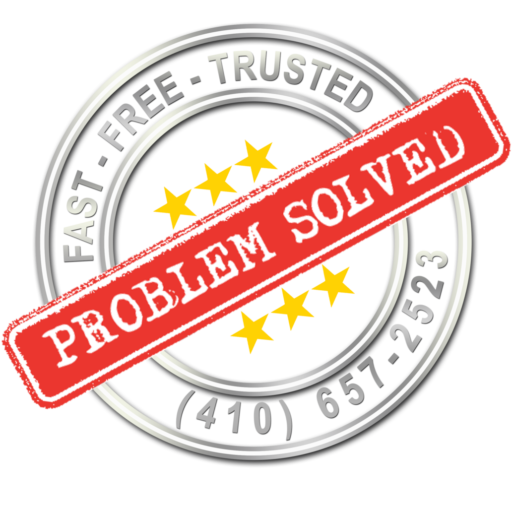 If you have suddenly inherited a house, you may not be prepared for all of the questions and issues that may arise. Make the wrong decisions and you will likely encounter financial, emotional, and family problems soon after.
If you have suddenly inherited a house, you may not be prepared for all of the questions and issues that may arise. Make the wrong decisions and you will likely encounter financial, emotional, and family problems soon after.
Forewarned is forearmed, they say, so here’s some of what can go wrong when you inherit a house in Maryland.
What Can Go Wrong When You Inherit a House in Maryland
You May Owe More Taxes then You Anticipated
Most people don’t have to worry about estate tax because of the very high exemption (in the millions), and the estate tax was temporarily suspended in 2010. But also mostly suspended in 2010 was the “Step-up” provision. So in considering what can go wrong when you inherit a house in Maryland and when you intend to sell it, you need to consider the stepped-up Capital Gains situation.
The step-up provides that you pay capital gains taxes only on the gains which are above the fair market value of the house at the date of the decedent’s death. It has nothing to with the price that the decedent paid for the house – unless the step-up falls in one of the years when it was changed. In that case, you may owe a lot more in taxes than you bargained for.
The Mortgage May Be Bigger than You Thought
Generally in the past, when an elderly parent or relative passed, the mortgage on their house was already paid off. These days, however, it is common for elderly people to take out a reverse mortgage on their home in order to supplement their insufficient retirement funds.
So you need to be aware that a reverse mortgage cannot be assumed by the heirs. And in the case of a standard mortgage, you can assume the mortgage only if you live in the house yourself. So if you intend to rent the house, you may have to refinance it and put it in your own name.
The House May Need Repairs, Upgrades and Updates
With respect to what can go wrong when you inherit a house in Maryland, this one may be the most costly. Most of the time, people inherit a house from a deceased elderly parent or a very close relative. Besides not having the physical ability to perform maintenance and upgrades, many elderly people don’t have the money for it either. And if they do, they may simply choose not to because they know they won’t be living in the house very many more years.
If you plan to live in an inherited house, this may not be a big concern. But if you intend to rent it or to sell it, you’ll need to make repairs and updates in order to make it presentable and upgrades to bring it up to code and to meet other legal and insurance requirements. Installing a new HVAC system or re-wiring the house will involve a big chunk of money.
You May Have Problems with Relatives and Joint Heirs
But what if you’re not the only heir? That can be a big problem. Suppose you and your siblings inherited the house jointly. If you want to sell it, your brother may want to rent it, and your other brother may want to live in it himself. You can see what a powder keg waiting for a spark this is.
In most states, joint heirs of a home are considered tenants in common, and one heir can force a sale if it comes to that. The process can be expensive, and the emotional and familial consequences are likely to be highly unpleasant.
So what can go wrong when you inherit a house in Maryland? Quite a lot, actually, if you’re not up to speed on all the tax laws, mortgages, and upgrade issues. It is best to contact a qualified professional to help head off any of these issues quickly.

